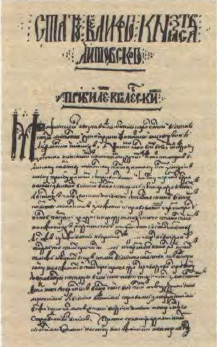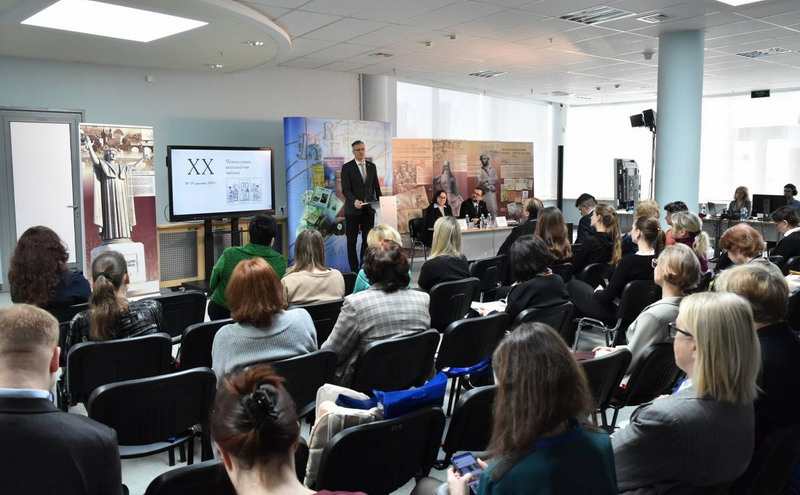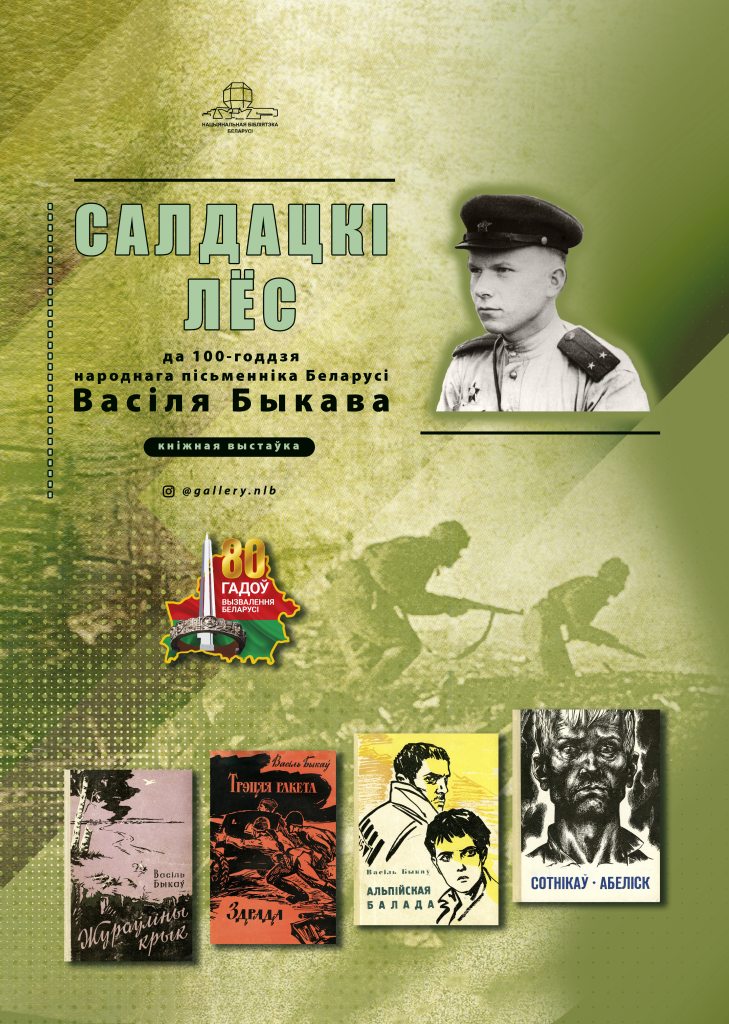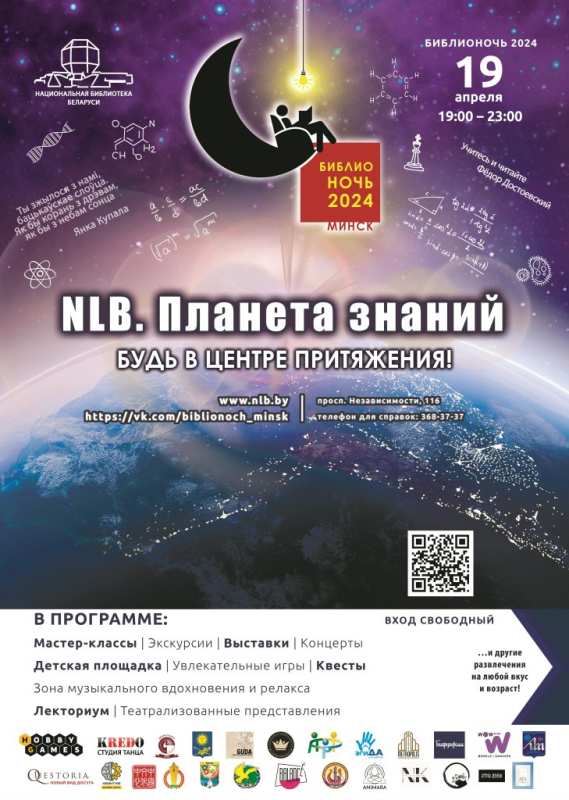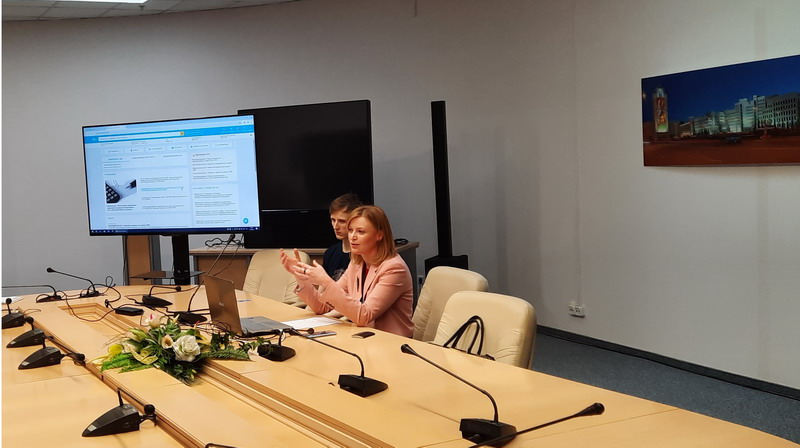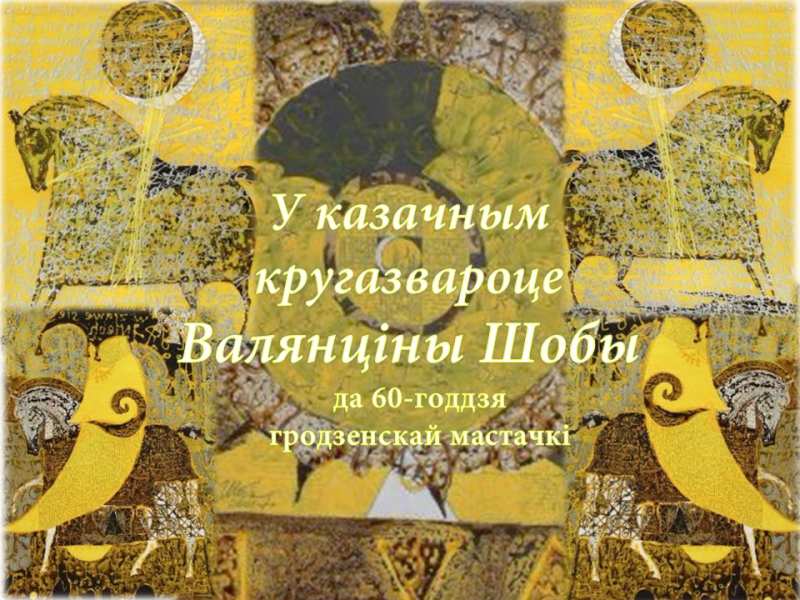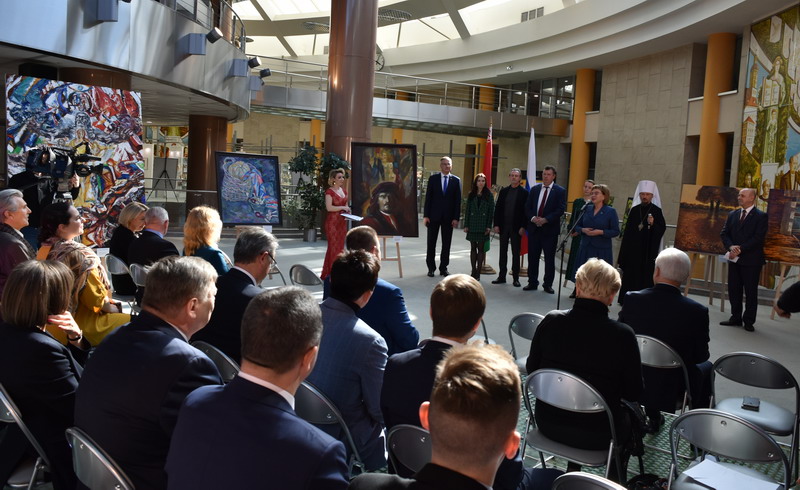The thematic exhibition "The Statute of the GDL – a new stage of the development of Belarusian right", dedicated to the 450th anniversary of the monument of legal thought, has been opened since October 31 till December 31 in the legal information reading room (207b).
The Grand Duke Sigismund II August ordered to create a commission of ten people to correct the Statute at the Wilno Sejm in 1551. Nikolai Radziwill the Black headed the commission. Work on the second Statute lasted for about ten years before in 1561 the draft was submitted to the consideration. The debate on individual articles detained its introduction into effect until March 1, 1566.
The adopted document turned out to be larger in scope than the Statute of 1529, better in ordering of materials and level of codification. The Statute contained 14 chapters, 367 articles, including the norms of all branches of the law: Constitutional, public, marriage and family, administrative, criminal, judicial and procedural, etc. Previously adopted by the Sejm, District charters of 1563, 1564 and 1565 were placed as applications.
The Statute reflected the social and political changes that had taken place in the Grand Duchy of Lithuania in 1530–1560, secured a new administrative-territorial division, a new system of courts and the principle of the unity of law throughout the territory of the state and for all subjects, the priority of the written law and the state sovereignty. Norms limiting the power of the Grand Duke and regulating a procedure for the adoption of new laws were of great importance.
The Statute authors understood the high quality of legal work on the creation of the Statute. So Nicholas Radziwill the Black, speaking at the Polish Sejm in 1563–1564, said that the Grand Duchy of Lithuania started the union (with Poland) "with their own, well managed state".
The Statute was written in the Belarusian language (there are known about 60 lists), translated into Latin, Polish and other languages. First printed in Cyrillic in 1855 in the Moscow magazine Annals of the Imperial Moscow Society of Russian History and Antiquities. The codification and systematization of the legislation determined such work in other states with the adoption of the Statute in 1566. The Statute had acted on the territory of Belarus and Lithuania from 1566 till 1588, and in the Right-Bank Ukraine – till the XVIII century.
The exhibition is recommended to researchers, teachers, postgraduates and students of legal and historical faculties – all interested in the history of the state and law.
The exposition includes over 50 documents: books, brochures, periodicals, electronic optical discs. It includes the following sections:
- The value of the statutes of the Grand Duchy of Lithuania in the continuity of the development of law.
- The study of the 1566 Statute of the GDL of in the historical and legal literature.
- The constitutional norms of the second Statute of the Grand Duchy of Lithuania.
- The evolution of the judicial system in the Statute of the Grand Duchy of Lithuania.
- Belarusian criminal law formation in the XVI century.
- The development of main civil and family law institutions in Belarus in the Statute of 1566
Contact: (+375 17) 293 27 28.
Useful links:
1566 Statute of the Grand Duchy of Lithuania. [Excerpts]
 |
 |
 |

